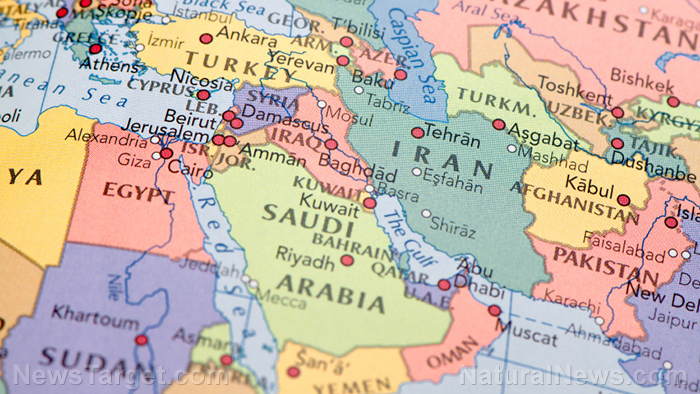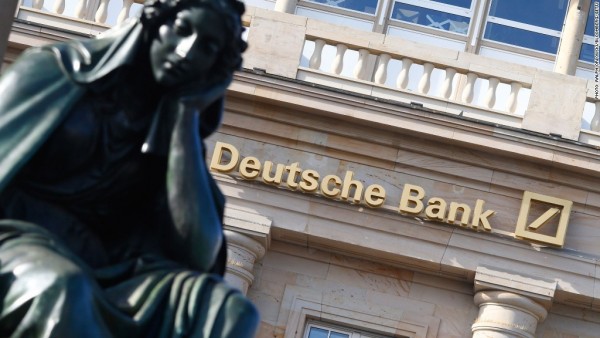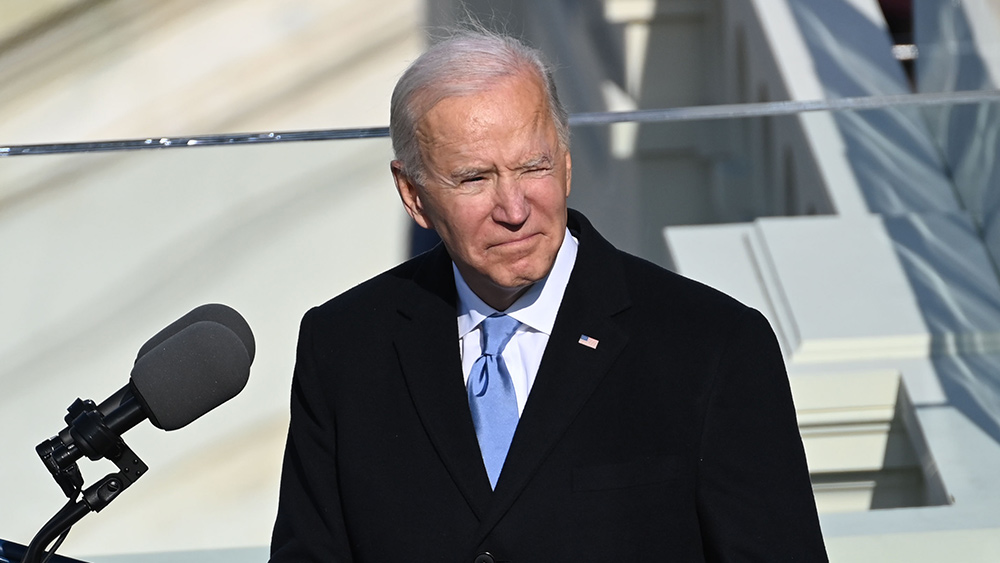 Parler
Parler Gab
Gab
Saud Arabia, Iran begin process of normalizing relations
Saudi Arabia and Iran agreed to begin the process of normalizing relations on Friday after four days of previously undisclosed talks in China. In the agreement, the two largest Middle Eastern nations by area will resume diplomatic relations and reopen embassies in the other countries within two months. Ties between the kingdom and the Islamic Republic turned hostile in 2016. This reconciliation, if it lasts, will likely have a reverberating effect throughout the Middle East and the rest of the world. "Iran is our neighbor, and has been and will continue to be for hundreds of years," said Al-Jadaan. "I don't see any issue that would prevent the normalization of the relationship, cross-investments, etc., as long as we stick to agreements – you know, respecting sovereign rights, not interfering in others' affairs, respecting United Nations conventions and others. So, I don't see any impediments." The two nations have already signaled their willingness to revive former cooperation accords that cover the fields of trade, economy, sports, technology, science, culture, sports and youth. These include the 2001 Security Cooperation Agreement and the 1998 General Agreement for Cooperation. Along with reopening formal diplomatic relations, this reconciliation could bring an end to several conflicts in the region that both nations have used as proxy wars in their ongoing cold war, including the Yemeni and Syrian civil wars. Furthermore, the fact that China was able to broker this groundbreaking deal shows the communist nation's growing influence on the world stage. China presented itself as a neutral third party capable of brokering a fair arrangement between the two. "It should be a warning to U.S. policymakers: Leave the Middle East and abandon ties with sometimes frustrating, even barbarous, but long-standing allies, and you'll simply be leaving a vacuum for China to fill," warned Jonathan Panikoff, director of the Scowcroft Middle East Security Initiative for the Atlantic Council. Find more news like this at Bubble.news. Watch this clip from the "War Room" as host Steve Bannon speaks to Kash Patel about how the China-brokered Saudi-Iran deal could threaten American sovereignty. This video is from the News Clips channel on Brighteon.com.More related stories:
Iran to drop use of the dollar in trade with Africa. Leaders of Iran, China meet in Beijing to boost economic ties that will sideline America and the dollar. A dollar collapse is now in motion – Saudi Arabia signals the end of petro status. OPERATION SANDMAN now activated – Saudi Arabia announces END of dollar dominance in global oil trade … the dominoes begin to fall on the US empire. Glenn Beck warns: The East dumping of the petrodollar brings US economy closer to COLLAPSE. Sources include: CNBC.com Reuters.com TheHill.com Brighteon.comCourt blocks Biden’s covid jab mandate for U.S. government workers
By Ethan Huff // Share
FTX victims sue YouTubers who promoted now-failed cryptocurrency exchange for $1 billion
By Ethan Huff // Share
Fauci CONFIRMS gain-of-function research conducted on pathogen blamed for COVID-19 pandemic
By Belle Carter // Share
With the Communist coup & overthrow of America all but complete, a full-scale invasion is on
By News Editors // Share
Governments continue to obscure COVID-19 vaccine data amid rising concerns over excess deaths
By patricklewis // Share
Tech giant Microsoft backs EXTINCTION with its support of carbon capture programs
By ramontomeydw // Share
Germany to resume arms exports to Israel despite repeated ceasefire violations
By isabelle // Share










